You are a pet lover and your dog friend has been shedding constantly for a while now, resulting in some allergic reactions among household members. So you want to buy a Dyson vacuum, but you're wondering if all Dysons are equipped with HEPA filters. Wonder no more! We have done extensive research, and here's what we found out.
Most, but not all, Dyson products have built-in HEPA filters. Dyson engineers identified the potential for filtration technologies to tackle airborne contaminants. HEPA filtration is used by Dyson vacuum and hand drying technology to ensure any air contaminant is eliminated from the airflow.
Now that you know that most but not all Dysons have HEPA filters, you might also be interested in other topics related to HEPA filters. So stay tuned, because there's a lot more to learn here. Let's get started!
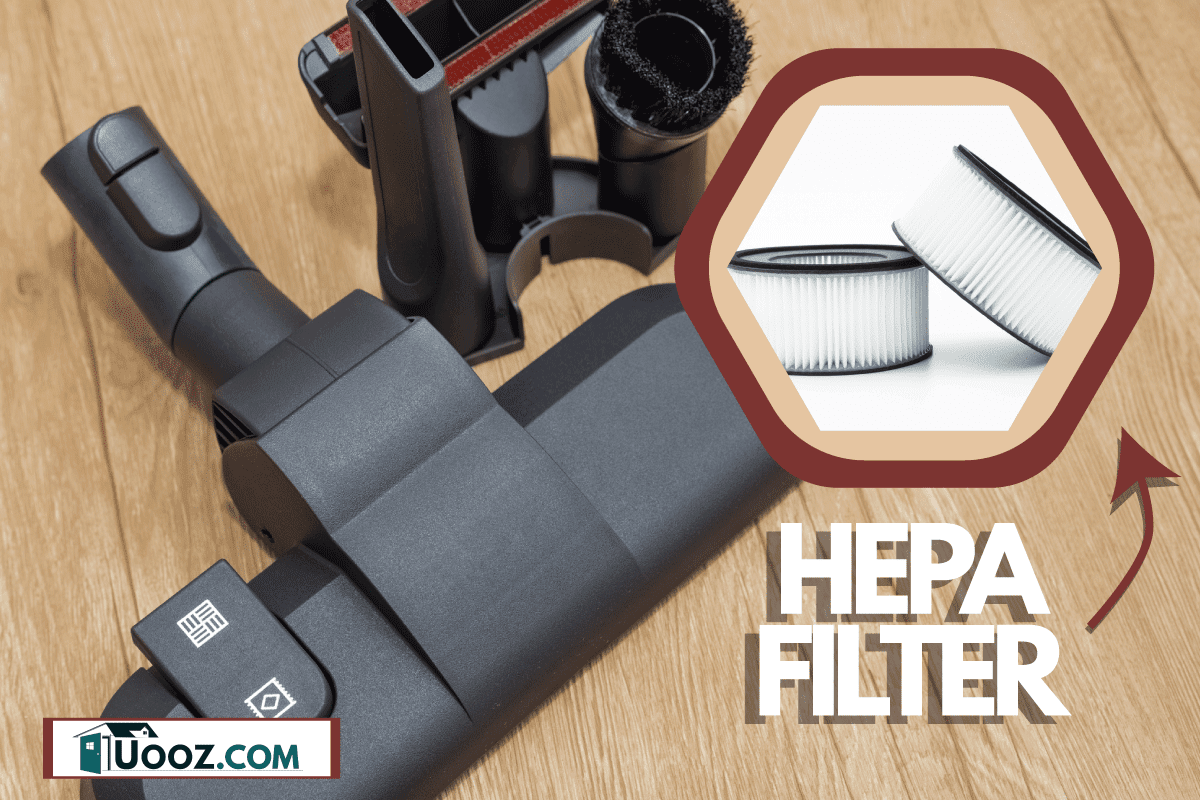
What Does A HEPA Filter Do?
Dyson's hand-drying technology uses HEPA (High-Efficiency Particulate Air) filtration to remove most air particles from the air stream and send cleaner air back into the room. HEPA filters are pleated tightly to fit more HEPA filter material into particular areas, hence increasing the surface area available for trapping pollutants.
HEPA is a performance standard for air filters. The filter must meet specific criteria to obtain HEPA performance. With the highest permeable particle size, at least 99.95% of the particles are usually removed.
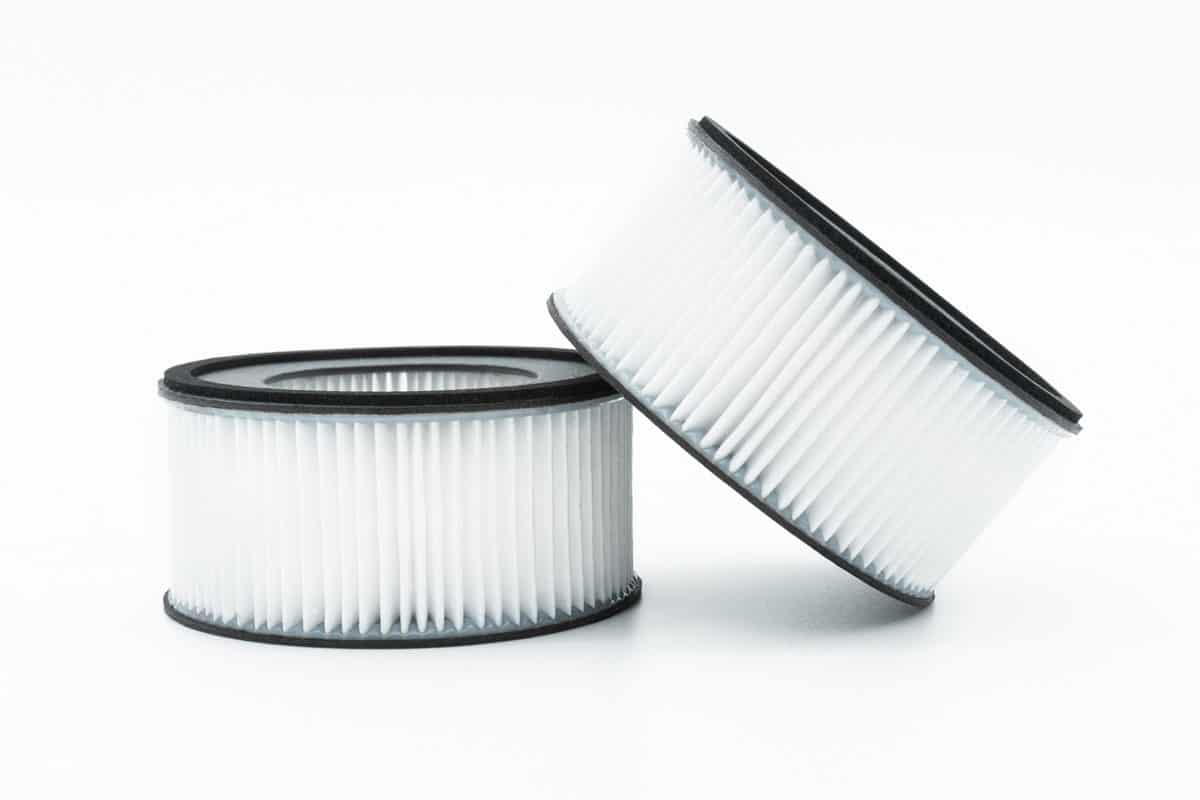
How Do I know If Dyson Has A HEPA Filter?
The easiest and safest way to find out if a Dyson (or another vacuum cleaner) has a HEPA filter is to look at the filter itself. The True HEPA filter has a serial number that indicates that it meets the advertised particle absorption standards.
The test results are also displayed and printed directly on the filter itself. Test results show that the filter can capture at least 99.97% of small particles of 0.3 microns. If the results are low, it is not a true HEPA filter.
Which Dyson Does Not Have Filter?
The Dyson Cinetic Big Ball accelerates the air to 180 mph, generating over 100,000 G-forces and ejecting fine particles from the airflow. It can also vibrate up to 5000 Hz, so small particles do not clog it and the vacuum maintains a constant strong suction force. It's the only vacuum cleaner with strong suction and no filters to clean or replace.
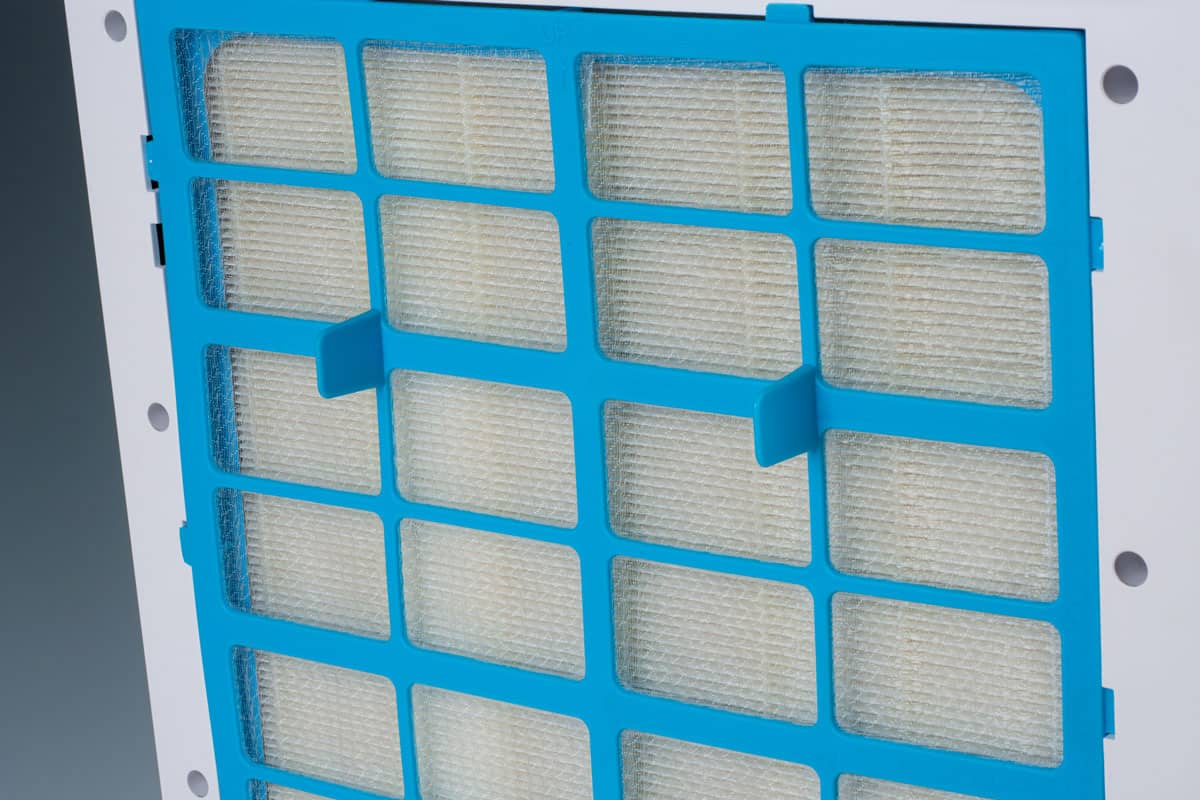
Does Dyson V11 Have A HEPA Filter?
The Dyson V11 Cordless Vacuum has HEPA-class filtration in a completely sealed system that catches 99.97 percent of particles as tiny as 0.3 microns. It makes the suspended air clean and allergen-free.
Do HEPA Filters Help With Allergies?
Air pollution is not limited to automobile exhaust and factory smoke. If your family has allergies or asthma, mites, mold spores, pollen, and pet dander in your home's air can cause problems. HEPA filters help trap these contaminants and reduce allergies.
Using a HEPA filter at home can remove most of the airborne particles that can exacerbate allergies. But levitation particles aren't the only ones in your home. There are many more on your carpet, beds, curtains, countertops, and tabletops. Therefore, it is crucial to keep these areas clean. If possible, it is also important to eliminate the sources of allergens and irritants.
How Often Should A HEPA Filter Be Changed?
If you are using a vacuum cleaner with a HEPA filter in a pure residential environment, the filter should last for quite a while before it needs to be replaced. Depending on how often you use it, regular use with an average cleaning schedule should last 24 to 36 months before a filter change.
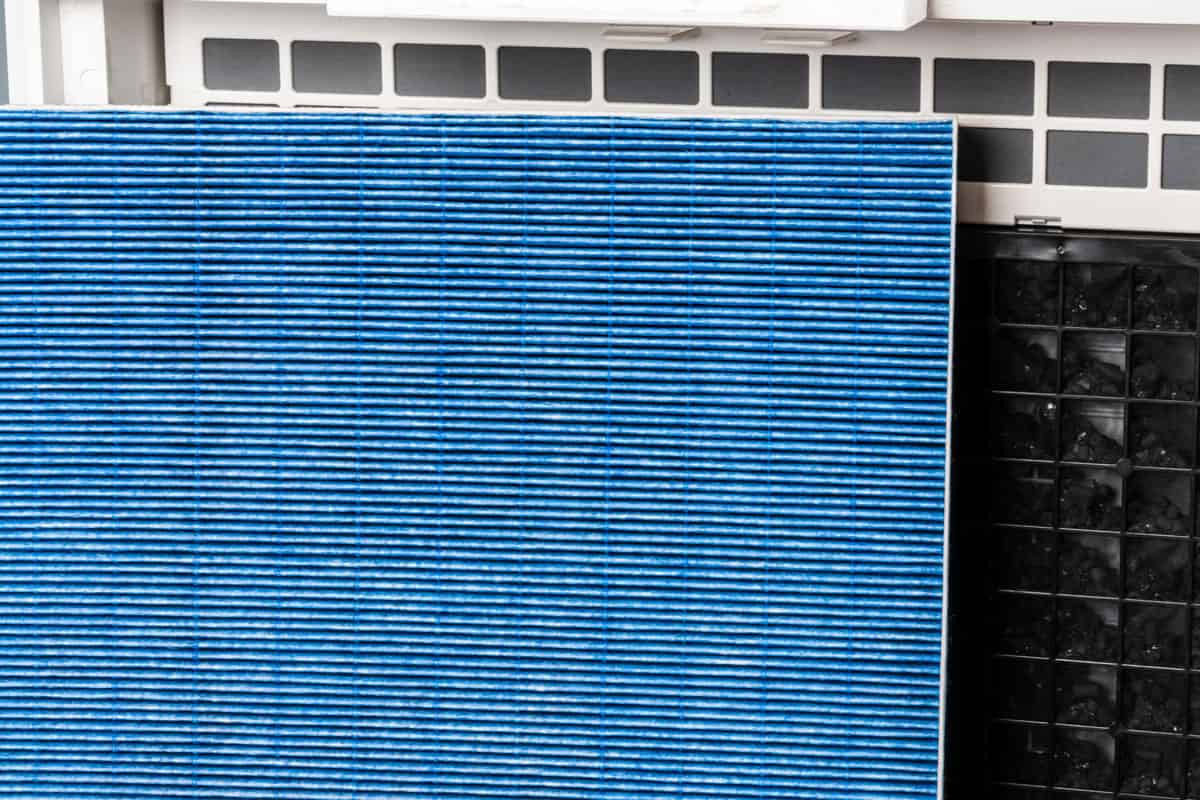
How Many Filters Does Dyson Vacuum Have?
All Dyson cordless vacuum uses a five-layer filtration system, which is designed with two advanced filtrations such as a metal mesh filter and a pre-motor filter. Other Dyson vacuum cleaners have only HEPA filters. Using two separate filters makes it less likely that some particles will slip through the mesh.
The metal mesh filter prevents the motor from clogging with dust. The pre-motor filter catches unwanted particles that have passed through the first filter.
How Long Does A Dyson Filter Last?
Dyson filters are designed by the same engineers who make Dyson machines. They are made of 100x folded borosilicate microfibers that trap particles as small as allergens and viruses. Also, because it is completely sealed, the filter traps contaminants rather than releasing them into the room.
Is The Dyson Airblade Hygienic?
All Dyson Airblade hand dryers are touch-free with sensors and use HEPA filters to clean and dry your hands. The Dyson Airblade Hand Dryer with Dyson Digital Motor is the fastest way to hygienically clean and dry your hands with heat-treated air after using the bathroom.
Airmid Health Group conducted independent tests in a restrained environment using a sink, paper towels, and Dyson Airblade W+D, dB, V, and 9 kJ hand dryers. The experiment was repeated three times and the results show that each Dyson Airblade ™ hand dryer does not significantly affect the surrounding air.
How Often Should You Change Your Dyson Hair Dryer Filter?
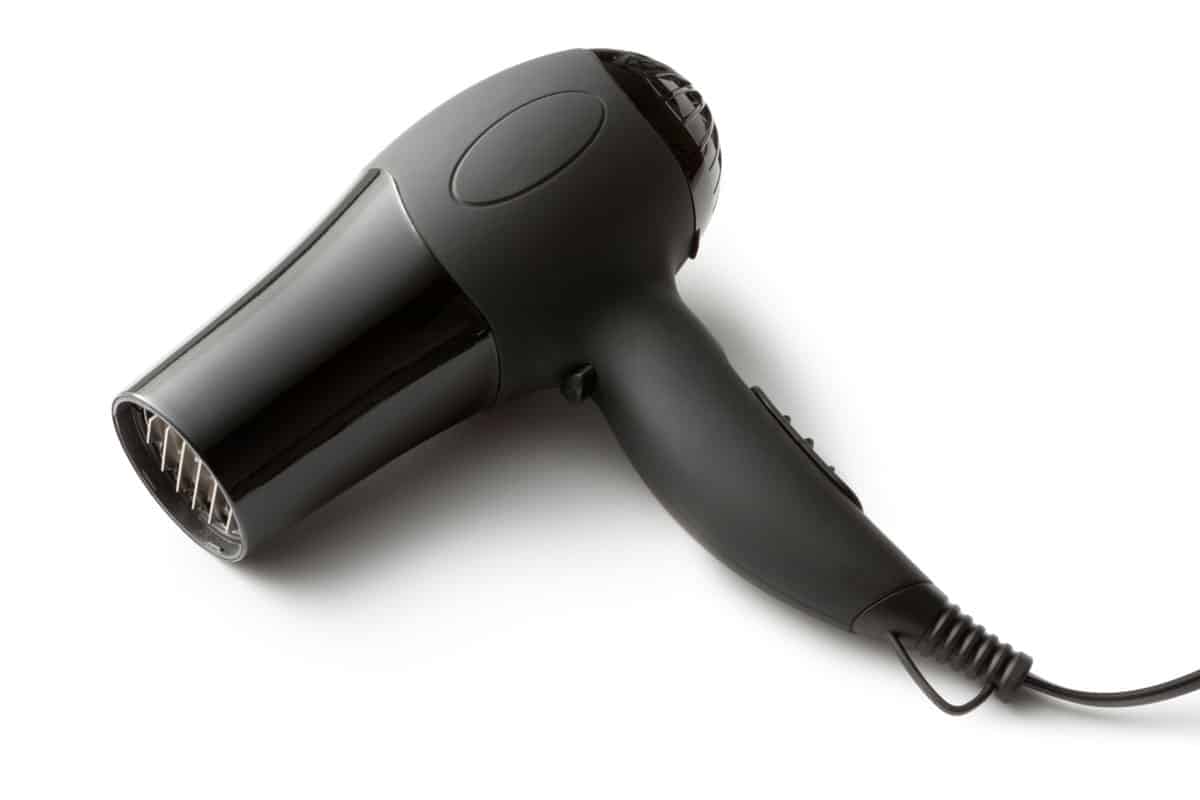
To keep your hair dryer in top condition, you need to clean the filter regularly. It is suggested to clean the filter at least once a month. Daily cleaning is recommended in busy salon environments where the filters can quickly become clogged.
This protects the internal components of the hair dryer from styling products, cutouts, and dust that can cause the hair dryer to malfunction. Therefore, it is ideal to clean the filter at least once a month or when the white LED light issues a warning.
How To Clean A Dyson Hair Dryer Filter
Over time, styling products often accumulate on the filter, and it begins overheating and failing. Cleaning the Dyson Hair Dryer Filter is an easy process. Follow these steps below and you will immediately enjoy great, non-stop styling:
-
- Unplug the power cord and wait for the hair dryer to cool completely before proceeding. If the dryer breaks down due to overheating, try disassembling the unit immediately to fix the problem.
- Loosen the filter cage. You will notice an external filter cage that surrounds the base of the Dyson dryer handle. You can remove it by gently pulling it down toward the cable.
- Slide the filter towards the cable when the filter cage is loose. The side opening mechanism is designed to open wide enough for thin cables to slip through.
- Gently pull the filter cage open and disconnect the cable to open the filter cage and allow it to be removed from the cable, gently open the sides and slide it over the cable.
- Wipe off the filtering mechanism of the dryer. The inside of the Dyson hair dryer is exposed without the filter cage cover, so wipe it off with a clean, lint-free cloth.
- Soak the filter cage for 30 minutes. Then use a bowl of hot soapy water that should be deep enough to immerse the clear-out cage unit completely.
- Use a Dyson filter cleaning brush. Each Dyson dryer comes with a dedicated cleaning brush tool that perfectly matches the filter cage. Use the brush to rub all the parts vigorously.
- Rinse the filter cage with clean water after rubbing the filter cage, and rinse thoroughly with running water to wash away any loose debris.
- Dry the filter cage hair dryer filter. When the cage is clean, shake vigorously to remove excess water. Do not return the wet filter basket to the hair dryer.
- Replace the clean filter cage assembly by opening the sides of the cage and snapping it back to the cable. Then slide the device back onto the hair dryer handle. The hair dryer filter is now clean and air can flow easily.
You can also want to watch this quick YouTube video on how to clean your Dyson hair dryer:
To Wrap It Up
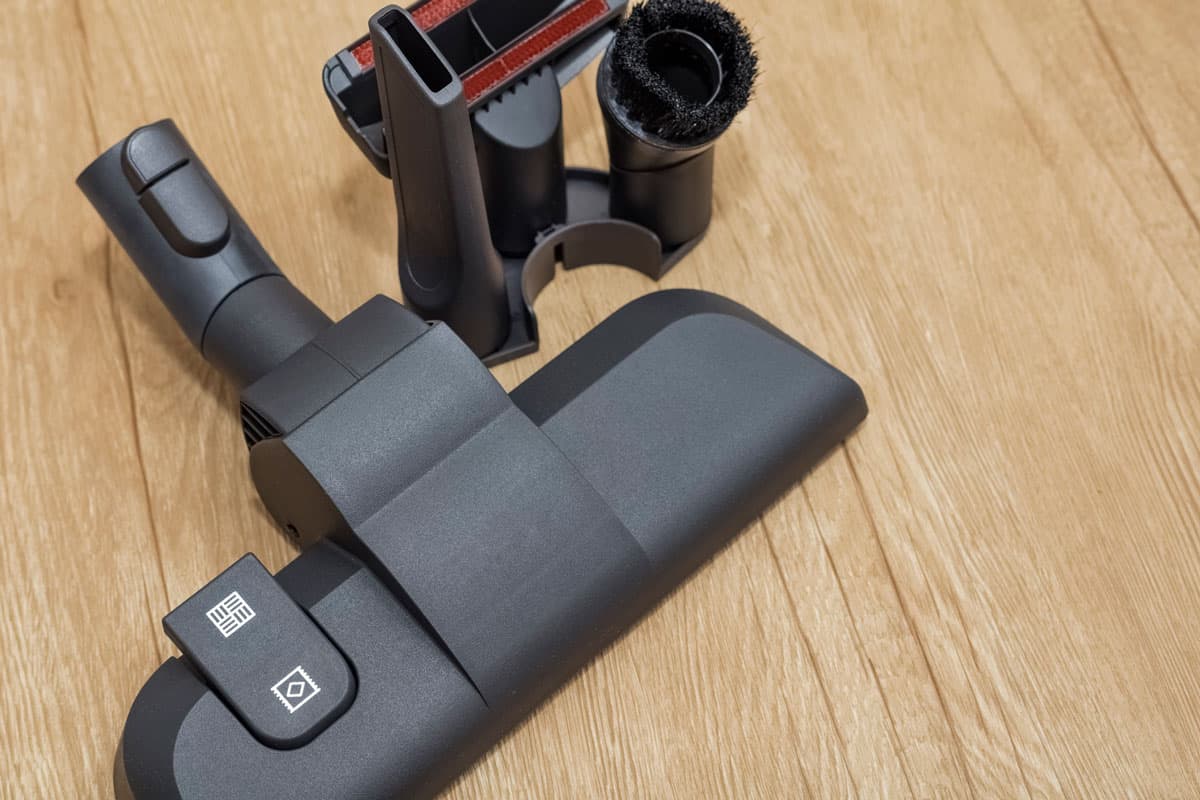
Most Dyson products are equipped with HEPA filters. They serve not only to eliminate most air pollutants in your home but also to reduce allergy problems in your household. You might as well choose a Dyson product with a HEPA filter in case you'll decide to purchase one, so you can enjoy a home free of air pollutants.
We hope that learning about Dyson products using certified HEPA filters will help you in choosing what's the right Dyson product that fits your need.
Before you go, please have a look at the related posts below for additional information about Dyson vacuum:
Can You Use Carpet Powder With A Dyson?
